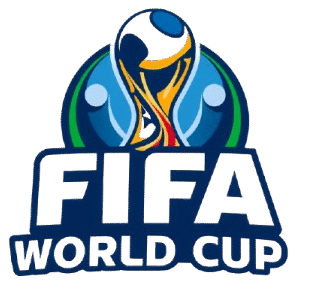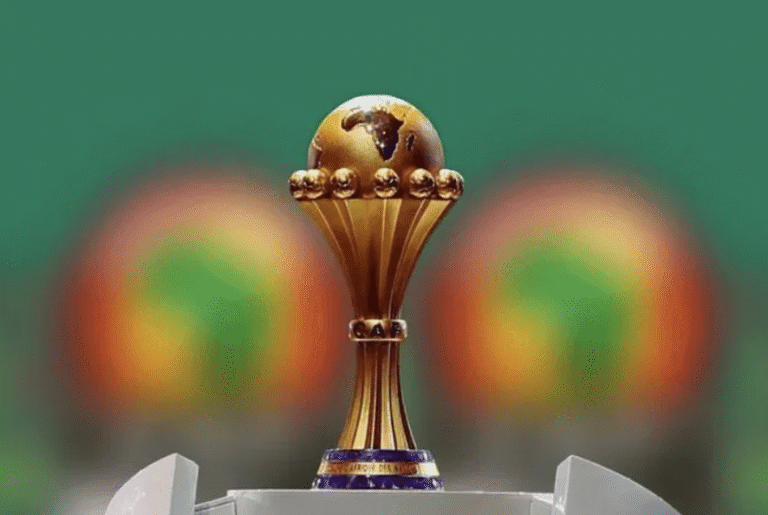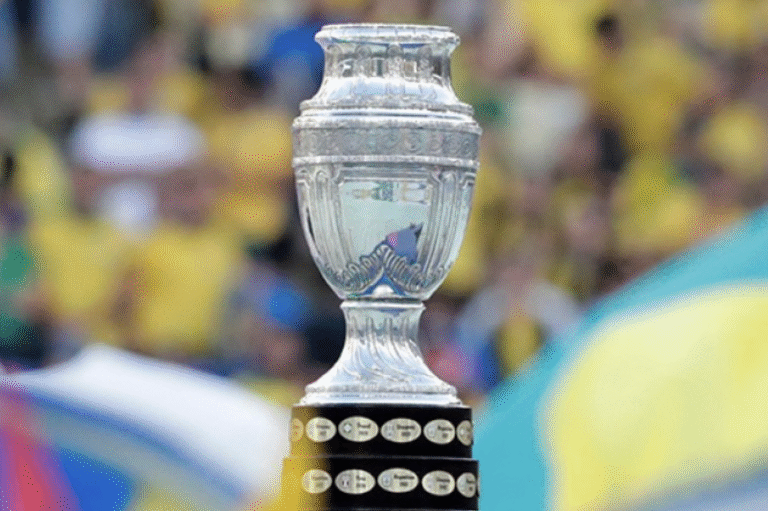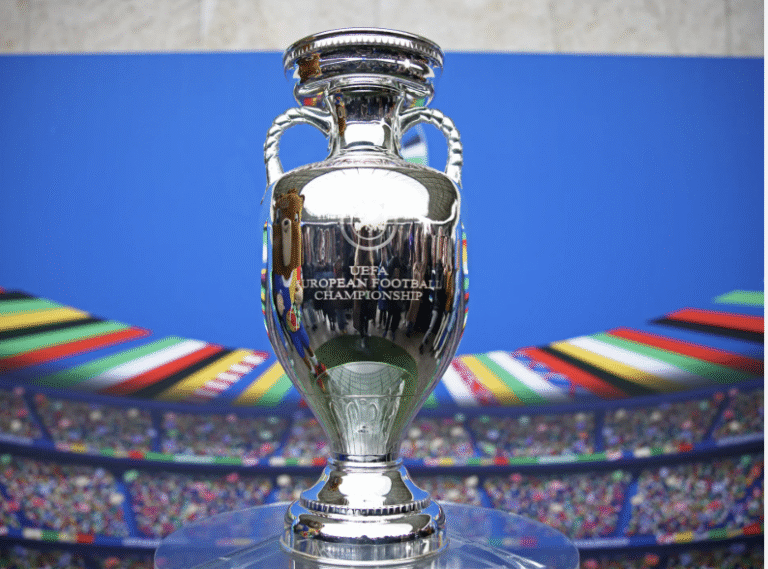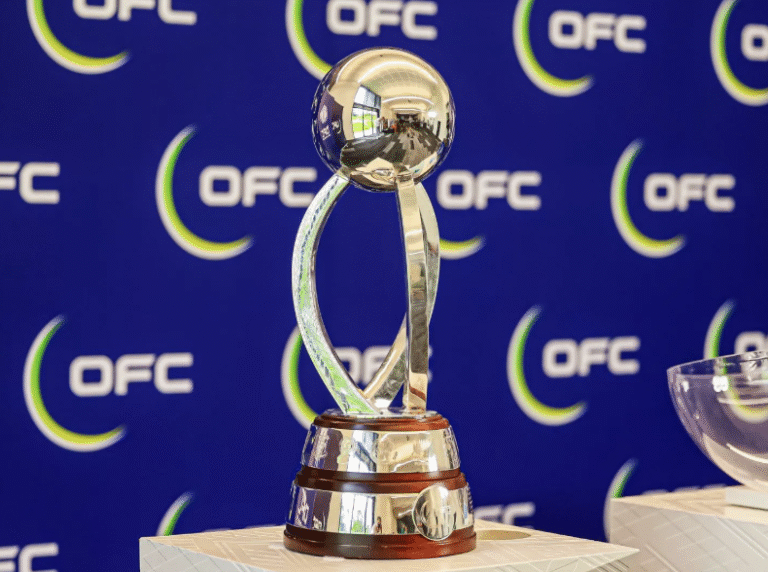FIFA World Cup
FIFA World Cup: Everything You Need to Know About the Greatest Football Tournament
Introduction
The FIFA World Cup, simply known as the World Cup, is the most prestigious and popular international football tournament in the world. Organized by the International Federation of Association Football (FIFA), it has been held every four years since its inception in 1930, except in 1942 and 1946 due to World War II. The tournament brings together the best national teams from around the globe to compete for the sport’s ultimate prize. Recognized as the most-watched sporting event globally, the 2022 edition in Qatar attracted approximately 5 billion viewers across various platforms. In this article, we’ll explore the tournament’s history, format, winning teams, and details about the upcoming 2026 edition.
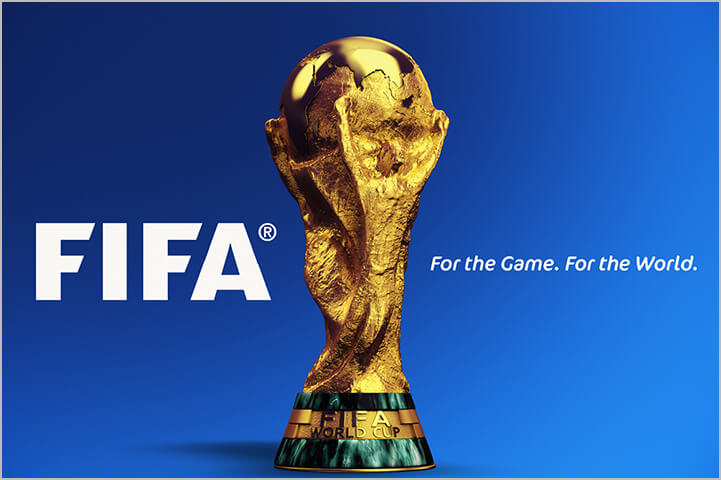
History of the World Cup
The idea of a global football tournament emerged with the establishment of FIFA in 1904, but it wasn’t until the 1920s that the concept took shape. On May 28, 1928, FIFA’s congress in Amsterdam decided to organize a world championship, and Uruguay was chosen to host the inaugural edition in 1930, celebrating its centenary of independence and its status as two-time Olympic champions. Uruguay hosted and won the first title, defeating Argentina in the final.
Since then, the tournament has grown significantly. Initially featuring 13 teams, the number of participants increased over time, reaching 32 teams by 1998. In 2017, FIFA decided to expand the tournament to 48 teams starting with the 2026 edition, reflecting the global growth of the sport and increased competitiveness across continents.
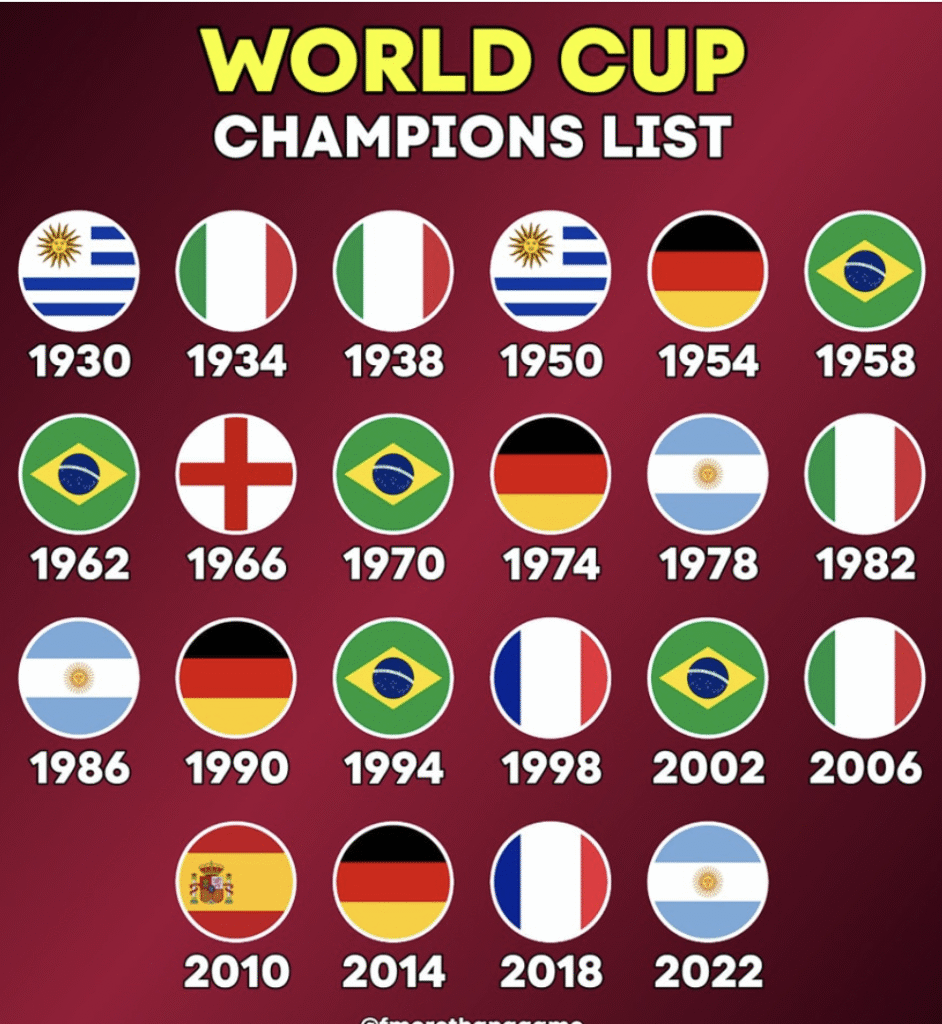
Tournament Format
Qualification Phase
The World Cup is preceded by a lengthy qualification phase spanning three years, involving over 200 national teams from six continental confederations: Europe (UEFA), Asia (AFC), Africa (CAF), South America (CONMEBOL), North, Central America, and the Caribbean (CONCACAF), and Oceania (OFC). Qualification systems vary by confederation, but the goal is to determine the teams that advance to the finals. The host nation qualifies automatically.
Finals Phase
In the current format (up to 2022), the tournament consists of 32 teams divided into 8 groups of 4 teams each. Each team plays three matches in the group stage, earning 3 points for a win, 1 point for a draw, and 0 points for a loss. The top two teams from each group advance to the knockout rounds (Round of 16, quarter-finals, semi-finals, and final).
Starting in 2026, the format will change with the expansion to 48 teams. Teams will be divided into 12 groups of 4, with the top two teams from each group and the 8 best third-placed teams advancing to a Round of 32.
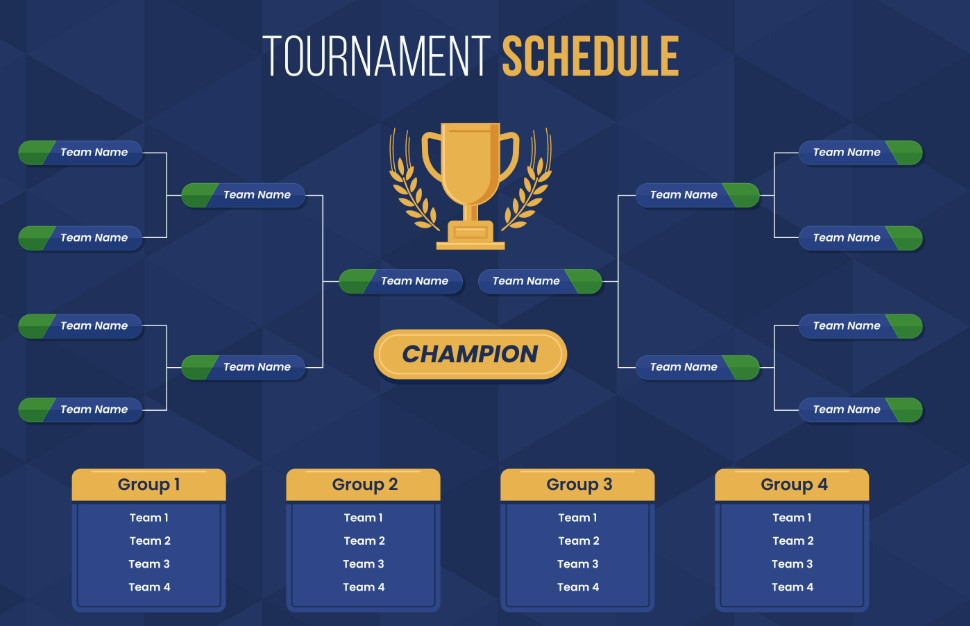
Winning Teams
Only 8 nations have won the World Cup since its inception:
- Brazil: 5 titles (1958, 1962, 1970, 1994, 2002) – the only team to participate in every edition.
- Germany and Italy: 4 titles each (Germany: 1954, 1974, 1990, 2014; Italy: 1934, 1938, 1982, 2006).
- Argentina: 3 titles (1978, 1986, 2022).
- France and Uruguay: 2 titles each (France: 1998, 2018; Uruguay: 1930, 1950).
- England and Spain: 1 title each (England: 1966; Spain: 2010).
The current champions are Argentina, who won the 2022 edition in Qatar, led by Lionel Messi, defeating France in a thrilling final.
Key Facts and Statistics
- Top Goalscorer: Miroslav Klose (Germany) holds the record with 16 goals across 4 tournaments (2002-2014). For the Women’s World Cup, Marta (Brazil) holds the record with 17 goals.
- Golden Ball: Awarded to the tournament’s best player since 1982, it was won by Lionel Messi in 2022.
- The Trophy: From 1930 to 1970, the trophy was called the Jules Rimet Trophy. Since 1974, the current FIFA World Cup Trophy has been used.
- Viewership: The World Cup is the most-watched sporting event globally. The 2018 edition had about 3.57 billion viewers, while 2022 reached 5 billion.
- Technology: In 2022, smart ball technology was used to track the ball’s movement accurately, aiding refereeing decisions like offside calls and goal-line technology.
World Cup 2026
The next edition will take place from June 11 to July 19, 2026, and will be the first hosted by three countries: the United States, Canada, and Mexico. Mexico will become the first nation to host the tournament three times (1970, 1986, 2026). The tournament will feature 104 matches across 16 host cities, with the opening match at Estadio Azteca in Mexico and the final at MetLife Stadium in New Jersey. This edition is expected to be the largest in history, with 48 teams and increased representation for underrepresented continents like Africa and Oceania.
Controversies
Despite its popularity, the World Cup has faced criticism. For instance, Qatar’s hosting of the 2022 edition drew scrutiny over migrant worker rights, women’s rights, and LGBTQ+ issues, as well as allegations of corruption in the bidding process. FIFA also faced corruption scandals in 2015, leading to the arrest of senior officials on charges of bribery and fraud.
Impact of the World Cup
The World Cup is more than a sporting event; it’s a global platform that unites people, promotes diverse cultures, and creates unforgettable memories for fans. From iconic moments like Maradona’s “Hand of God” in 1986 to Brazil’s dominance in 1970, the tournament remains a symbol of passion and competitiveness. It also boosts host nations’ economies, though the high infrastructure costs often spark debate.
